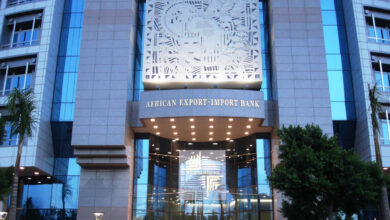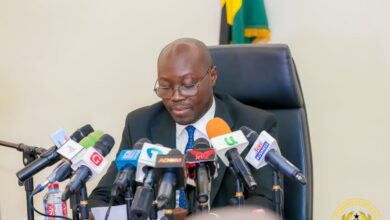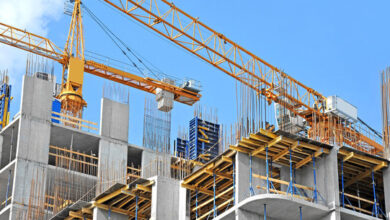UNDP Workshop Arms Ghana with Tools to Boost Credit Ratings and Attract Cheaper Capital
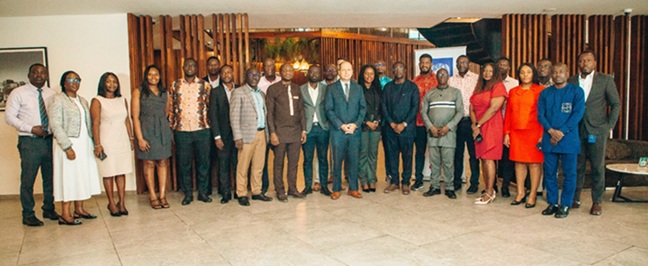
For most Ghanaians, sovereign credit ratings may seem like an abstract financial term, buried in the jargon of international markets. Yet, these ratings quietly shape how much it costs for Ghana to borrow, whether critical infrastructure gets built on time, and how global investors view the country’s ability to sustain growth.
This reality was at the heart of a two-day national workshop on sovereign credit ratings and development in Ghana, convened by the United Nations Development Programme (UNDP) with support from the Government of Japan. The training, part of the UNDP Africa Credit Ratings Initiative, is helping Ghana and other African countries build the technical capacity to better engage with international credit rating agencies, whose decisions can make or break access to affordable financing.
Over 30 officials from key state institutions, including the Ministry of Finance, Bank of Ghana, Ghana Revenue Authority, Electricity Company of Ghana, and Ghana National Petroleum Corporation, participated. The sessions went beyond theory, offering practical insights into rating methodologies, peer comparisons, appeal mechanisms, and the role of state-owned enterprises in shaping sovereign outlooks. Participants even began drafting terms of reference for a national Sovereign Credit Rating Committee, signaling the intention to build a more permanent framework for engagement.
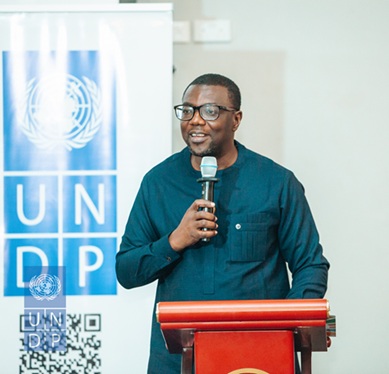
Dr. Edward Ampratwum, Head of Inclusive Growth and Accountable Governance at UNDP Ghana, underscored the stakes during the opening session. “Ghana’s credit ratings shape how global markets perceive the country and directly affect borrowing costs. Stronger engagement with rating agencies will unlock resources for critical investments in human development, climate resilience, and inclusive growth,” he said.
His remarks echoed the concerns of many in Ghana’s policy and business circles, where high borrowing costs have limited the ability to fund ambitious projects. In recent years, Ghana has turned increasingly to international markets to bridge financing gaps, particularly as concessional financing from traditional partners has declined.
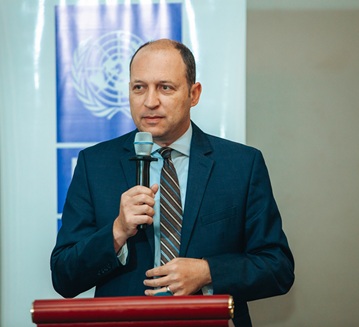
Providing a broader view, Dr. Jacob Assa, Senior Economist and Strategic Advisor at UNDP’s Regional Bureau for Africa, emphasized the shifting global financing landscape. “As development financing shifts and traditional sources decline, more countries are turning to international capital markets to fill the gap. UNDP will work to strengthen national capacities, helping them secure fairer assessments and access affordable financing that drives sustainable development,” he explained.
The timing of this workshop is significant. Ghana is emerging from a difficult period of debt restructuring under the IMF-supported program, which stabilized its external position but left the task of rebuilding investor confidence still ahead. Sovereign ratings will play a central role in this recovery. A downgrade can increase borrowing costs sharply, while an upgrade signals resilience and attracts fresh investment.
For local businesses and citizens, the outcomes are tangible. A stronger credit rating can mean cheaper financing for road and energy projects, steadier exchange rates, and lower inflationary pressures. Conversely, weak ratings translate into higher interest payments that consume scarce government revenue, leaving less for schools, hospitals, and social protection.
The workshop, therefore, was not merely about financial training. It was about equipping Ghana to tell its story better in global markets, showcasing reforms, resilience, and long-term potential. By building stronger relationships with rating agencies and improving the flow of accurate data, Ghana hopes to secure ratings that reflect its true fundamentals rather than being penalized for short-term shocks.
Ultimately, as participants concluded, strengthening Ghana’s credit rating processes is not just about finance. It is about ensuring that the country can access the affordable resources it needs to invest in its people, climate resilience, and inclusive growth priorities that resonate with every Ghanaian household.


